
Caffeine use is higher in smokers and in adults with serious mental illness. How does this impact patients with bipolar disorder and schizophrenia?

Caffeine use is higher in smokers and in adults with serious mental illness. How does this impact patients with bipolar disorder and schizophrenia?
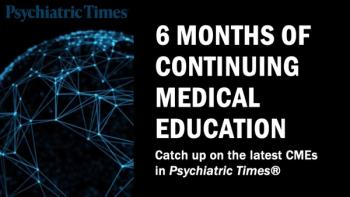
Catch up on the latest CMEs in Psychiatric Times.

Researchers performed a nationwide register-based cohort study of patients treated with lithium in Finland.
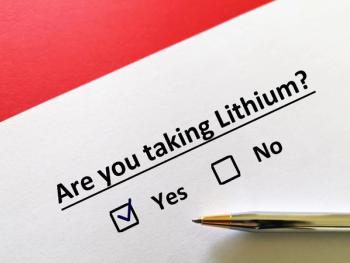
Lithium: what’s its history and where do we still need more information?

Catatonia: learn more about how to best diagnose early.

New approval for schizophrenia and bipolar I disorder.
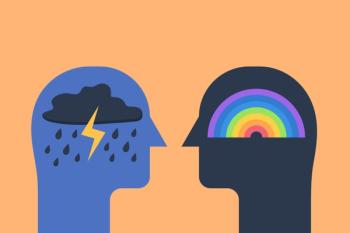
“The sooner you can recognize and diagnose bipolar, the sooner you can institute effective evidence-based treatments.”
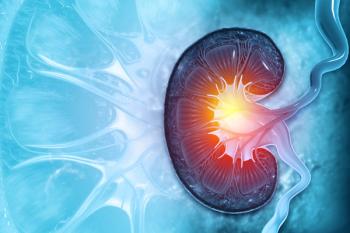
Data on the effects of discontinuing lithium on renal function are scarce and conflicting. A new study exploring these effects may aid in the clinical decision-making process.

From the effects of caffeine on smokers with schizophrenia and bipolar disorder to the initiation of a trial for a new ADHD medication, here are highlights from the week in Psychiatric Times.

Smoking and drinking (caffeine): Researchers analyzed caffeine intake and levels in smokers with schizophrenia and bipolar disorder.

The experts weighed in on a wide variety of psychiatric issues for the December 2022 issue of Psychiatric Times.

Cariprazine is now FDA-approved as an adjunctive therapy to antidepressants.
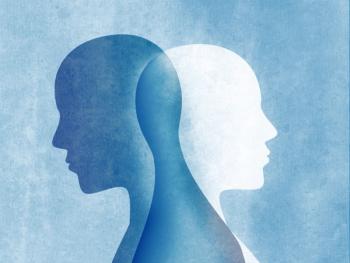
The novel atypical antipsychotic is already FDA-approved for the treatment of schizophrenia in adults.

New research indicates worsened air quality leads to increased depressive symptoms in patients with bipolar disorder.
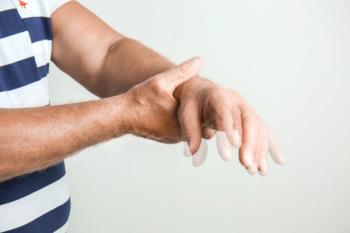
"This study served as a sobering reminder of the significant frequency of this disfiguring and sometimes disabling adverse effect, which can be irreversible."
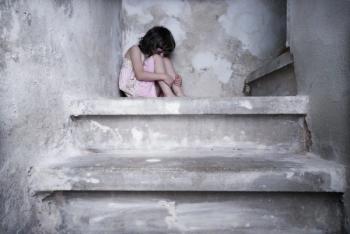
Does childhood trauma affect outcomes in bipolar disorder? Researchers analyzed the impact of childhood trauma on outcomes in outpatients with bipolar disorder treated with lithium or quetiapine in a randomized clinical trial.

From evidence-based novel therapies for bipolar depression to potential indicators of early-stage Alzheimer disease, here are highlights from the week in Psychiatric Times.

The phase 3 SERENITY III trial investigating at-home use of dexmedetomidine (BXCL501) sublingual film for agitation associated with bipolar I or II disorder or schizophrenia has started.

In this CME article, learn how to apply novel treatment approaches for patients with bipolar depression.

From the cardiac adverse effects of lithium to the road to over-the-counter naloxone, here are highlights from the week in Psychiatric Times.
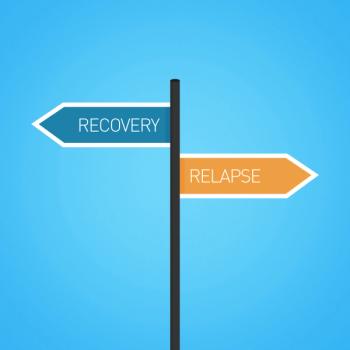
A survivor of bipolar disorder shares some close calls and cautionary lessons.
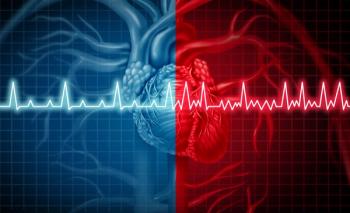
When should you monitor electrocardiograms in patients taking lithium?
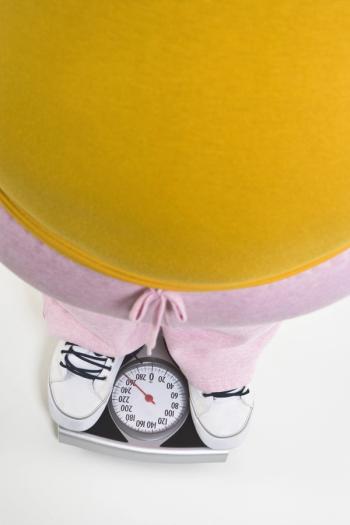
How did patients with BDI and obesity fare in new research looking at quality of life issues?

From the relationship between psychotic disorders and dementia risk to the major differences between bipolar I and bipolar II, here are highlights from the week in Psychiatric Times.

An expert discusses key differences and some ways to avoid missing the appropriate diagnosis in these patient populations.